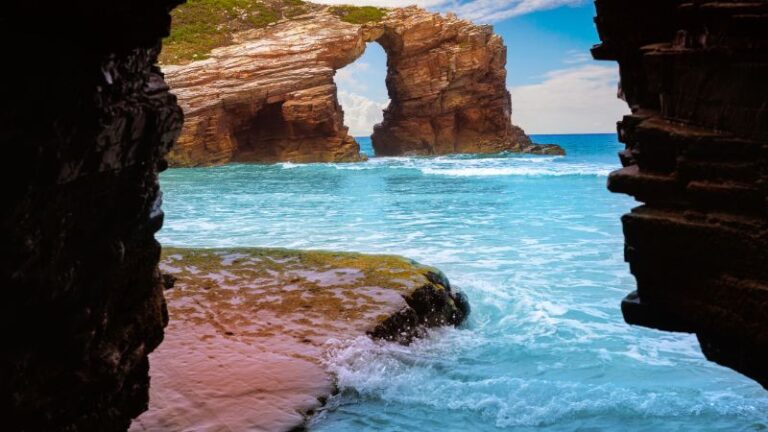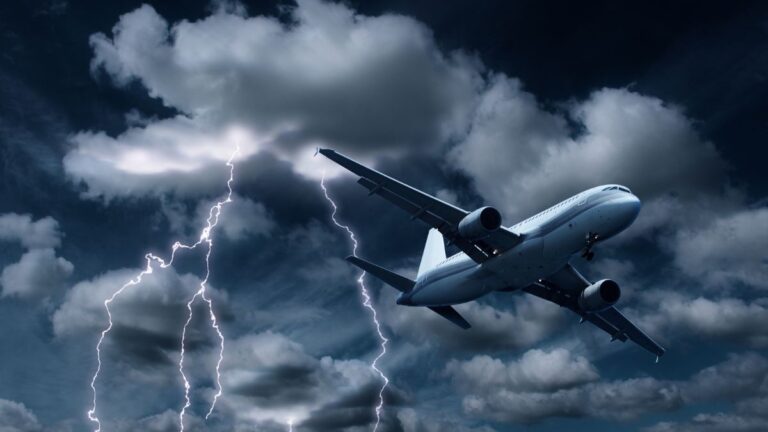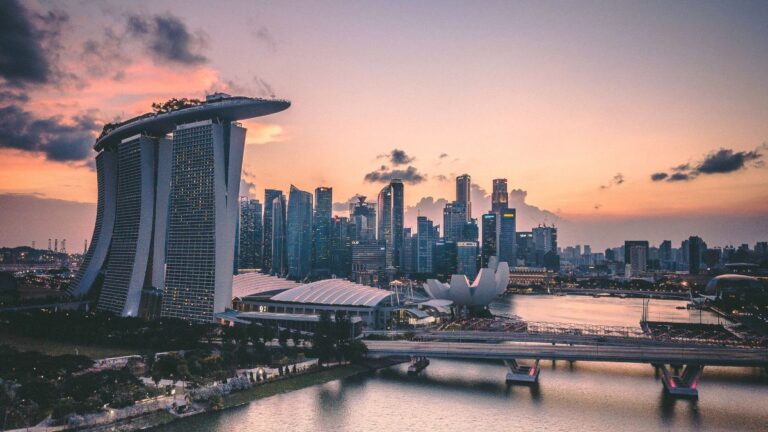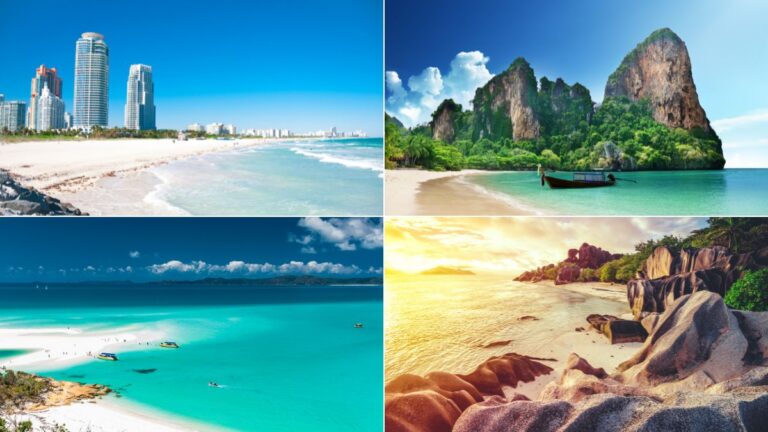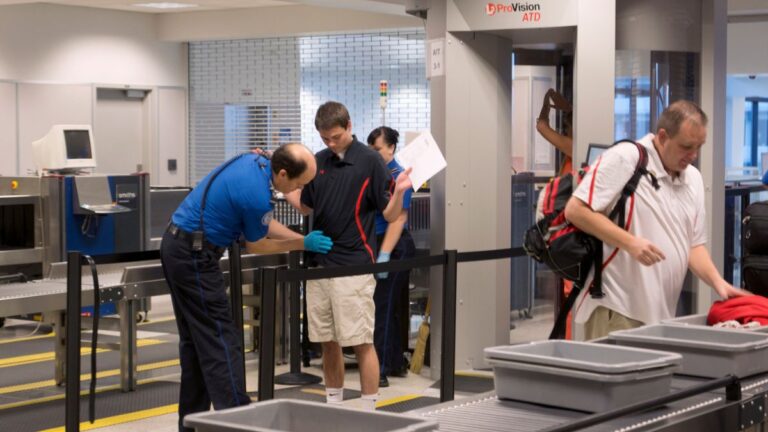50 Facts About Japan You Need to Know Before Traveling There
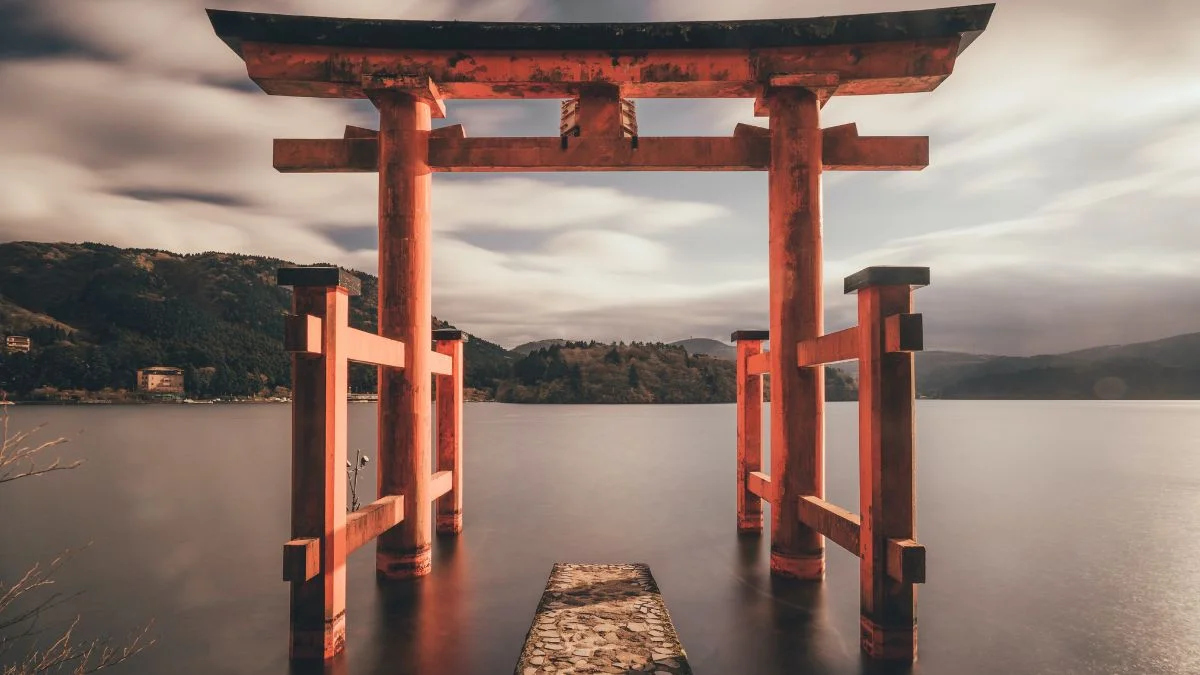
As participants in Amazon Associates and other programs, we earn from qualifying purchases. This comes at no additional cost to you. For more details, see our Affiliate Disclosure.
Japan is a country full of contrasts and surprises. From its bustling cities to its serene countryside, there is something for everyone in this unique and fascinating country. Before you pack your bags and head off on your adventure, there are some important facts about Japan that you should know.
Whether you’re interested in the rich history and culture of Japan or you’re looking for the best places to eat and shop, this article has got you covered. We’ve put together a list of essential facts about Japan that will help you make the most of your trip. So sit back, relax, and get ready to discover everything you need to know before traveling to Japan.
- Japan does not have janitors. Instead, students clean their own schools
- 98.5% of Japan’s population is Japanese
- 25% of the Japan population is older than 65
- Sleeping at work is acceptable in Japan
- Ronald McDonald is actually called Donald McDonald in Japan
- Japan is the last country that has empire status
- The oldest company in the world, Kongo Gumi, is in Japan and specializes in the construction of temples and shrines
- Japan has the 11th largest population in the world with an estimated 126 million people
- The life expectancy in Japan is 84, which is second only to Hong Kong
- With 5 million vending machines, Japan has the highest density of vending machines in the world
- Origami, the art of folding paper, originated in Japan
- In Japan, farmers grow square watermelons which sell at insane prices
- Japan has the world’s shortest and one of the oldest national anthems called “Kimigayo”
- Japan is highly prone to natural disasters due to its location in the treacherous “Pacific Ring of Fire”
- Japan has around 108 active volcanoes
- The Japanese Alps run down the center of the largest island, Honshu
- Mount Fuji is Japan’s highest peak and most famous mountain
- More than a thousand earthquakes hit Japan every year
- The ancient Shinto religion says natural features like mountains, waterfalls and forests have their own spirit or soul
- About 136 species in Japan are listed as endangered
- A full-contact wrestling technique called sumo was founded in Japan
- Sushi and sashimi originated in Japan
- The Japanese live up to 83 on average, one of the highest life expectancies in the world
- Okinawa in Japan is often called the “land of immortals” as it has a large population of aged individuals
- Japan is entirely composed of islands located in the Pacific Ocean
- The country has spectacular landscapes
- The Japanese culture has its distinct traits and the Japanese people are known for their friendly nature
- There are four main islands – Hokkaido, Honshu, Shikoku and Kyushu
- There are also nearly 4,000 smaller islands in Japan
- Japan’s nearest mainland neighbors are the Siberian region of Russia in the north, and Korea and China farther south
- Japan is one of the world’s most technologically advanced countries
- It has a stable and prosperous economy
- Japan has low crime rates
- The country has a hard-working population
- The seas around Japan are very rich in fish and other sea life
- People first came to Japan about 30,000 years ago
- The first society, called the Jomon culture, arose about 12,000 years ago
- Around the same time, the Ainu people arrived by boat from Siberia
- The Jomon and Ainu survived for thousands of years, hunting, fishing and gathering plants
- In 300 B.C., the Yayoi people came to Honshu Island from Korea and China
- The Yayoi were skilled weavers, tool makers and farmers
- They were the first people in Japan to cultivate rice in flooded paddy fields
- The Japanese people have a deep affection for the beauty of the landscape
- The ancient Shinto religion says natural features like mountains, waterfalls and forests have their own spirit or soul
- Japan is home to some wonderful wildlife
- Some of the country’s most incredible creatures include the sika deer, red-crowned crane, stellar’s sea eagle and one of the coolest critters on the planet…the Japanese macaque monkey
- Most of Japan is covered by countryside
- With more than 100 million people living in such a small place, sadly, wildlife has suffered
- Although pollution is now tightly controlled, over the years, road building and other human activities have harmed natural habitats
- Today, about 136 species in Japan are listed as endangered

